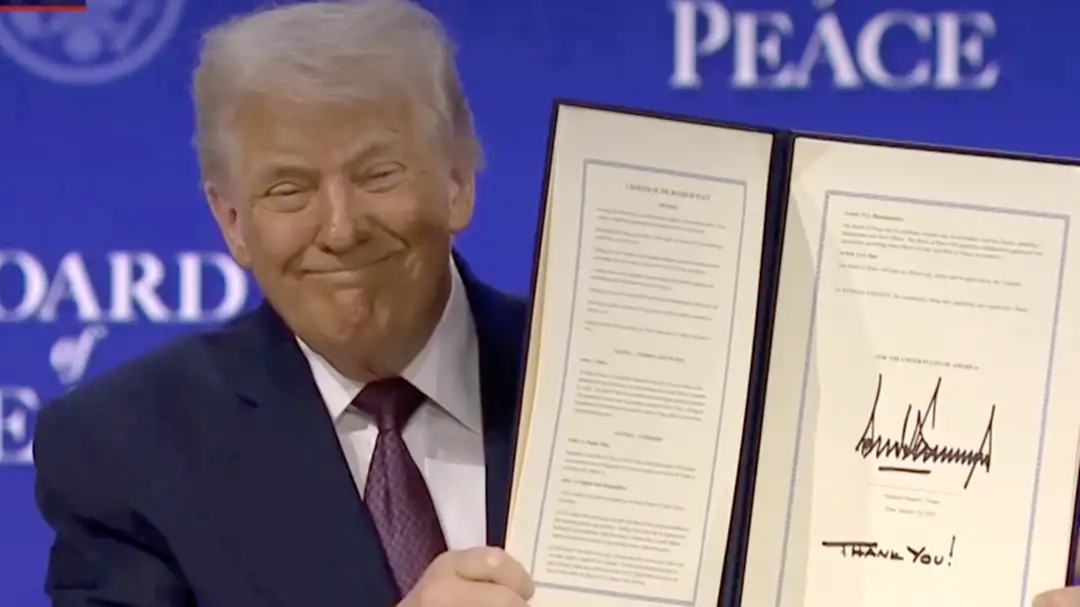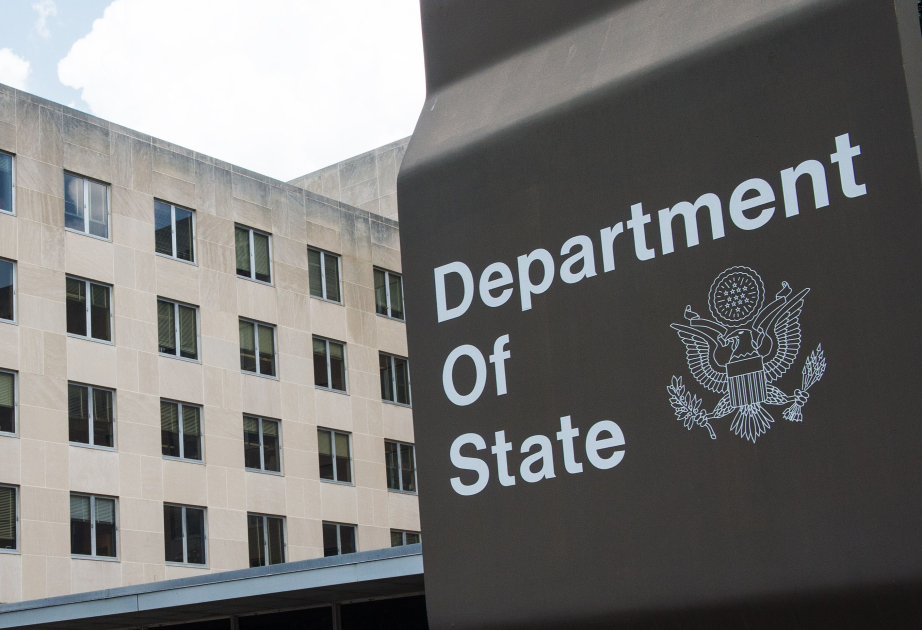The FIA is to introduce a fourth branch of Formula 1 regulations in 2026, covering the push towards Net Zero and sustainability for 2030, according to RacingNews365.
Currently, F1 has technical, sporting and financial rules, with the cost cap being introduced for the 2021 season, but given the importance placed on the target to be Net Zero, the FIA believes the best way to ensure the goal is met is to enshrine targets within the regulations and not leave it open to teams to voluntarily comply.
Single-seater director Nikolas Tombazis detailed how F1's governing body is going to implement and beef up the new strand of regulations and why it was important to do, even traditional fans don't agree.
"We have three sets of regulations, we have technical, sporting and financial, and there's going to be a fourth branch introduced in 2026," Tombazis told select media including RacingNews365.
"That aims to put in the first steps towards the medium and long-term objectives for Net Zero for 2030.
"Clearly, we won't be achieving net zero for 2026, but we aim to create the framework on which we will gradually build, over the years, restrictions for the teams.
"We've had some initial meetings with the teams and will continue to have such meetings periodically between the FIA, FOM and the teams in order to devise the best strategy."
"We clearly need to have regulations to achieve these aims, we don't believe it can be just a voluntary request of the teams to do X,Y,Z," added Tombazis.
"Because we know how competitive these guys are, and if there is anything that compromises their performance, that is voluntary, clearly they won't do it, so we believe we need to have some regulations.
"We are currently discussing how and in what form these regulations will take, what the structure will be there, and whether there will be some sort of upper limit of CO2 or whether it will be a range of limitations on specific activities, the amount of materials used, what types or sources of materials or how many people travel to races and these sort of things.
"While it may not necessarily appeal to the hardcore, battle-hardened motorsport enthusiasts, which we all are, it is an absolute necessity for the sport in the future.
"If we want to be healthy as a sport in the future, we must do it and it is our responsibility to do that.
"There will be a first step of such regulations for 2026 with a much bigger and more impactful step for 2030."


















